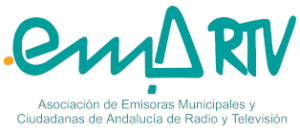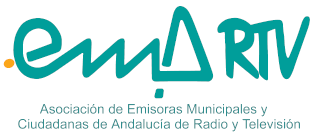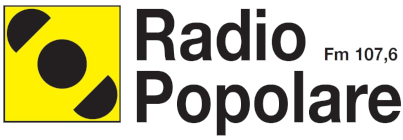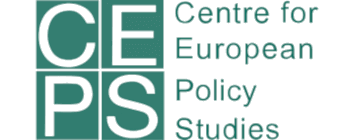PROJECT FINAL CONFERENCE - INTERACTIVE WEBINAR
CEPS in collaboration with EMA RTV of Spain, Radio Popolare of Italy and ERT of Greece invites you to our interactive webinar on “Debating and Communicating European Cohesion to Citizens – The case of Southern Europe”
This short interactive event presents the lessons learnt from a number of radio programmes in Spain, Italy and Greece, which discussed the EU Cohesion Policy with a focus on addressing the concerns of citizens. This initiative was carried out in the form of dialogues with experts, the press and the public. This was done under the umbrella of the project Radio Agora supported by the European Commission’s Regional and Urban Policy Directorate General. The objective of Radio Agora was to inform citizens and improve their knowledge of the EU Cohesion Policy through radio debates. The Radio Agora experience offers many insights on the concerns of citizens and their understanding of these EU policies. The lessons are highly relevant to the present situation, when the European Union is providing large rescue packages to counteract the impact of COVID-19, in addition to the normal EU policies supporting cohesion.
30 September 2020
Time 10:00 am to 11:15 am CEST
____________
PROGRAMME – DEBATE USING POLLING AND OPEN QUESTION TECHNOLOGIES
10:00 Welcome and description of the project, Guillaume Buteau, Project coordinator, EMA RTV
10:10 The lessons of Radio Agora, Jorge Núñez Ferrer, Senior Research Fellow, CEPS
10:25 Communicating EU Cohesion Policy from the perspective of the European Commission, Nicola de Michelis, Director, Smart and Sustainable Growth and Programme Implementation in Cyprus, Greece, Italy, Malta, Portugal and Spain
ORIGIN
Fed by ultra-nationalist and Eurosceptic movements, we’ve seen in recent years the emergence of schools of thought that call into question the future of the European Union. Taking advantage of the effects of the economic, humanitarian and values crises in which we are immersed, these ideologies have catalysed citizen discontent for electoral purposes, thereby gaining considerable weight within the state institutions of their respective countries.
Confronting this negative conception of what the European Union represents in terms of our peaceful coexistence means bringing the European spirit closer to citizens and sharing information, understanding as well as knowledge regarding the undeniable progress in cohesion experienced by all its members over the last few decades in a multitude of economic, social and territorial spheres.
In this process of identifying and recognising common European values, the media have played, are playing and must continue to play (now more than ever) an essential role in its dissemination, but also in promoting reflection, debate and critical analysis on this shared space of coexistence known as Europe for all of us.
CONTENTS
COLLABORATORS










